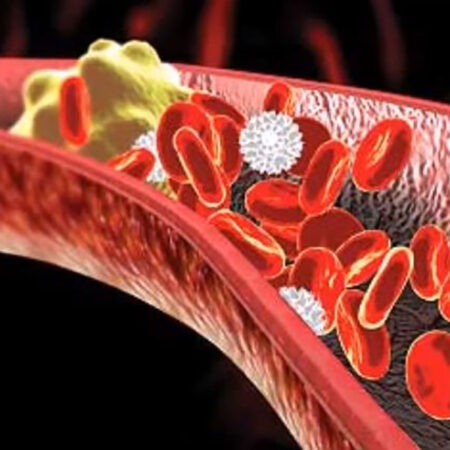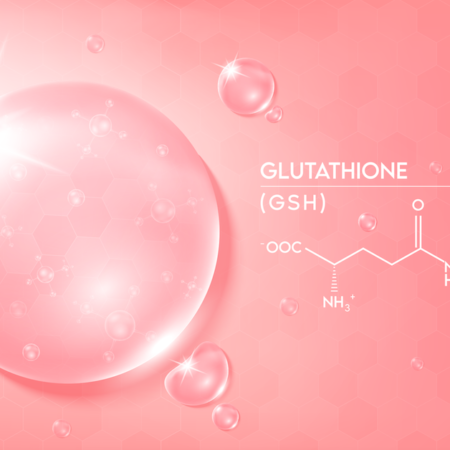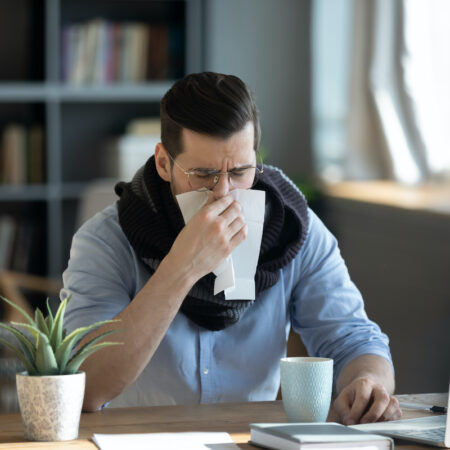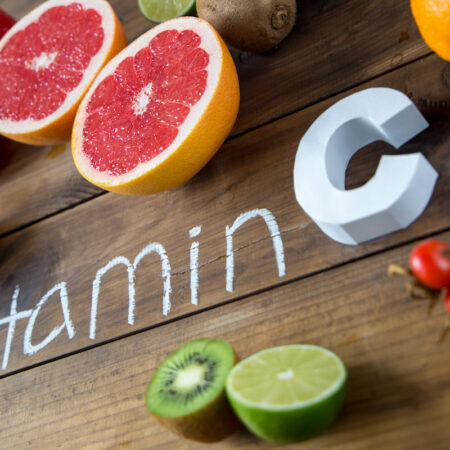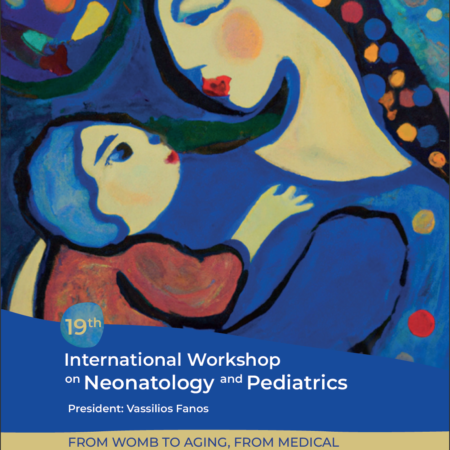What happens when we are under continuous stress, in the throes of anxiety, insomnia close to slipping into depression
As early as 2017, depression was found to be the most common mental disorder. According to ISTAT, at the time there were 2.8 million Italian citizens affected by this class of ailments, with an incidence destined to increase as it is strongly related to lifestyle. More and more frequently, after all, as happens to millions of people around the world, we find ourselves under constant stress. The most disparate events can put us to the test, as well as the more traumatic ones (bereavements, catastrophic events, separations, job loss, economic difficulties, etc.), and it often happens that they follow one another without giving us rest.
In these cases, as we have already mentioned above, the stress cycle becomes continuous, the state of extreme tension and the typical symptoms of anxiety stabilize as if they were our natural condition. You can experience sleepless nights for long periods, digestive difficulties, a sense of tightness and anguish (typical signs of generalized anxiety), and finally, you can risk falling into depression.
Depression can undoubtedly be cured, but not without an adequate psychotherapeutic and pharmacological course. To understand what is happening to you, you may want to take a look at your endogenous production of catecholamines.
The functioning of the brain under stress: some studies
A 2019 study conducted on humans found quite interesting data on the functioning of the brain under stress, and in particular on the production of dopamine. The 34 participants had been divided into two groups: the first had been exposed to high levels of psychosocial stress, the second to acceptable levels of stress. To understand how the response to the stressful stimulus was achieved in them, PET was used, a Nuclear Medicine technique that allows to show the biological alterations of the physiological or pathological processes of the human body thanks to the administration of radiopharmaceuticals. This is a type of diagnostic imaging test that, in this case, was found to be useful for “following” the dopamine loop. By comparing the tests of the two groups of participants, it emerged that in people exposed to low levels of stress, the production of dopamine was proportionate to the type of stressful event to be faced. Conversely, in the highly stressed group, not only did the reaction to the stressful stimulus appear exaggerated, but the production of dopamine was impaired and inhibited.
Other studies conducted on animals show how acute stress states of a psychosocial nature – we have seen them: mourning, abandonment, loneliness, job loss, home loss, etc. – make people vulnerable to mental illnesses, including depression. If this is the visible effect, the biological reasons must be sought precisely in the stress response mechanism and in a dysfunction in the dopaminergic pathway.
In summary, in the stress cycle the role of catecholamines is fundamental, but the response to the “triggers” (i.e. stressful events) depends on the type of the same and their duration over time or recurrence. If, therefore, the environmental factor influences the production of neurotransmitters, the opposite is also true: a deficit, an alteration in the production of norepinephrine or dopamine produces cascading effects on the body both in response to stress and in general.
As we have seen, the lack of dopamine and norepinephrine in people suffering from chronic anxiety and stress manifests itself with symptoms including: tiredness, loss of physical strength and energy, loss of zest for life, sleep disturbances and insomnia, poor attitude/propensity to work, tendency to depression. The active ingredients of many psychotropic and anxiolytic drugs, in fact, go to work precisely on the pathways of stress and reward neurotransmitters, in an attempt to restore the correct signal. Therefore, if you are already being treated for anxiety, insomnia or depression with molecules that affect the stress cycle and the catecholamine circuit, it is necessary that you undergo regular examinations and tests to understand if your body is reacting well to this type of pharmacological intervention.
In general, it would be interesting to be able to take a look inside the body and understand how we respond to stress and which neurotransmitters are activated (and how).
What we advise you to do if you suffer from depression, insomnia and anxiety
It is possible to obtain a lot of important information useful for dealing with a depressive syndrome, with the metabolomic profile test of organic acids. Through a simple urine sample, we will be able to provide your general practitioner, your endocrinologist or your neurologist with important information on your state of health and your stress levels. Contact us for more information
SOURCES:
https://www.sciencedirect.com/science/article/abs/pii/S0031938407000753
https://www.nature.com/articles/s12276-020-00532-4
https://elifesciences.org/articles/46797.pdf







